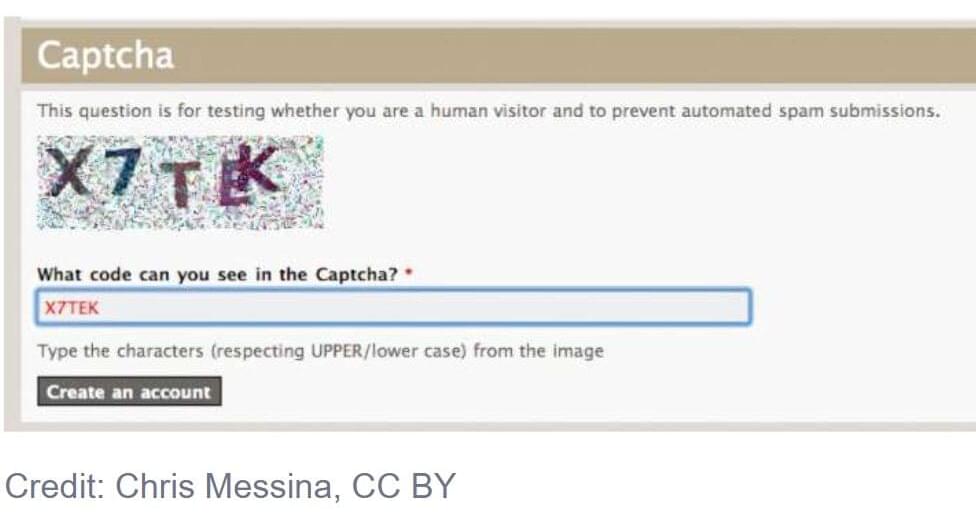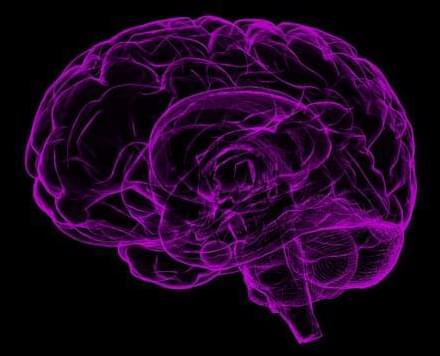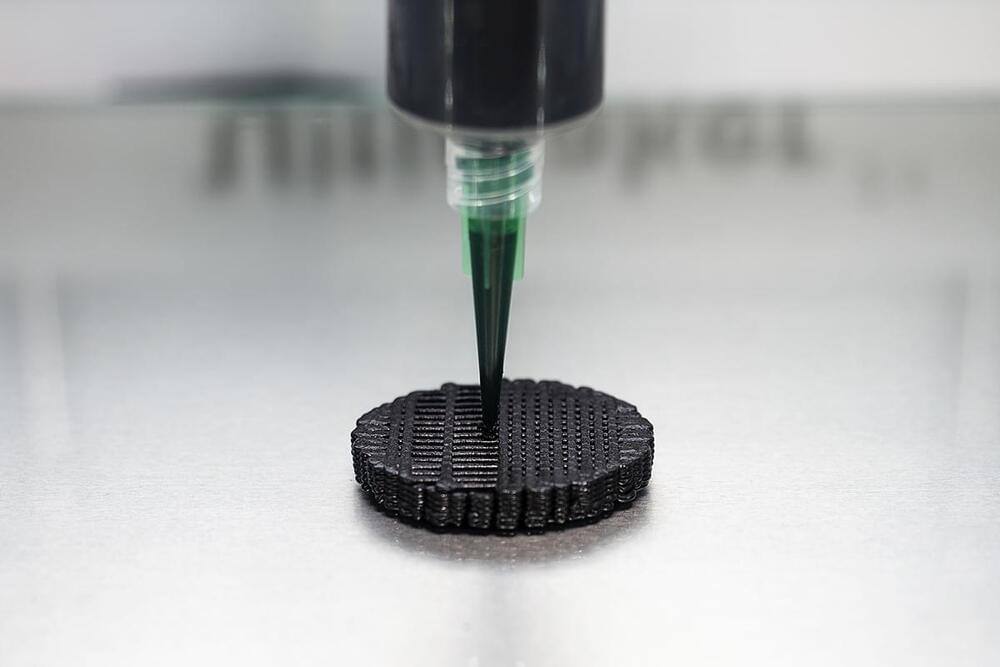
This dynamic regulation capability of the device conductance creates favorable conditions for emulating synaptic plasticity. As shown in Fig. 2h, the consistent trend of device conductance evolution over 20 cycles indicates the good applicability of the ion migration working mode in emulating synaptic behavior. Furthermore, with the more elaborate design of excitation pulses for ion migration working mode, the device exhibits exceptional stability for over 120 cycles of LTP-LTD conductance changes (Supplementary Fig. 6b). Unlike stable macroscopic polarization, when the external electric field is smaller than the built-in electric field resulting from the ion migration, migrated Cu+ ions tend to spontaneously return to the origin lattice, leading the conductance to relax to its initial state22. As shown in Fig. 2i, a series of pulses was initially applied to induce Cu+ ion migration for varying low-resistance states of the device. Subsequently, a series of pulses with a period of 1.5 s, where 0 V is applied for 1.4 s and −0.6 V is applied for 0.1 s, were used to detect the evolution trend of the device conductance. As anticipated, the influence of migrated ions on the barrier noticeably decayed when no bias voltage was applied and eventually disappeared after 45 seconds. Notably, the effect of interface defects on the volatile state can be considered negligible (Supplementary Fig. 11).
Thus far, selective control of the device’s working mode has been achieved through precise pulse engineering. Short, high-amplitude pulses predominantly influence ferroelectric polarization, while longer, lower-amplitude pulses primarily drive ion migration. Beyond differences in on/off ratio and retention capabilities, the opposite shifts in the transfer curves provide further experimental evidence distinguishing them (Supplementary Fig. 12). In addition, the tunability of dual memristive mechanisms has also been verified in devices with varying CIPS thicknesses, as shown in Supplementary Fig. 13. The above results indicate that our device can work adaptably under the ferroelectric polarization and ion migration mode, respectively. And those memristive mechanisms with different retention characteristics all exhibit good applicability in emulating LTP-LTD characteristics. Overall, our device shows enormous promising potential in integrating neural reuse with memristor-based neural networks.
A refreshable memristor should possess two key properties: refresh and restoration. To confirm the refresh capability of the device, Fig. 3a illustrates the emulation of synaptic potentiation and depression behaviors achieved by cyclically configuring the device to ion migration mode, after every two induced ferroelectric polarizations. Across at least 4 cycles of the redeployment, the device exhibits consistent conductance changes in its respective working modes and well-defined independence between different working modes. This suggests that the motion extent of ferroionic can be precisely regulated solely by adjusting the amplitude and period of the excitation pulse, enabling the realization of both volatile and non-volatile working modes within a single device. Crucially, the experimental results demonstrate that redeployment does not compromise the performance in any given working mode of the device.

















